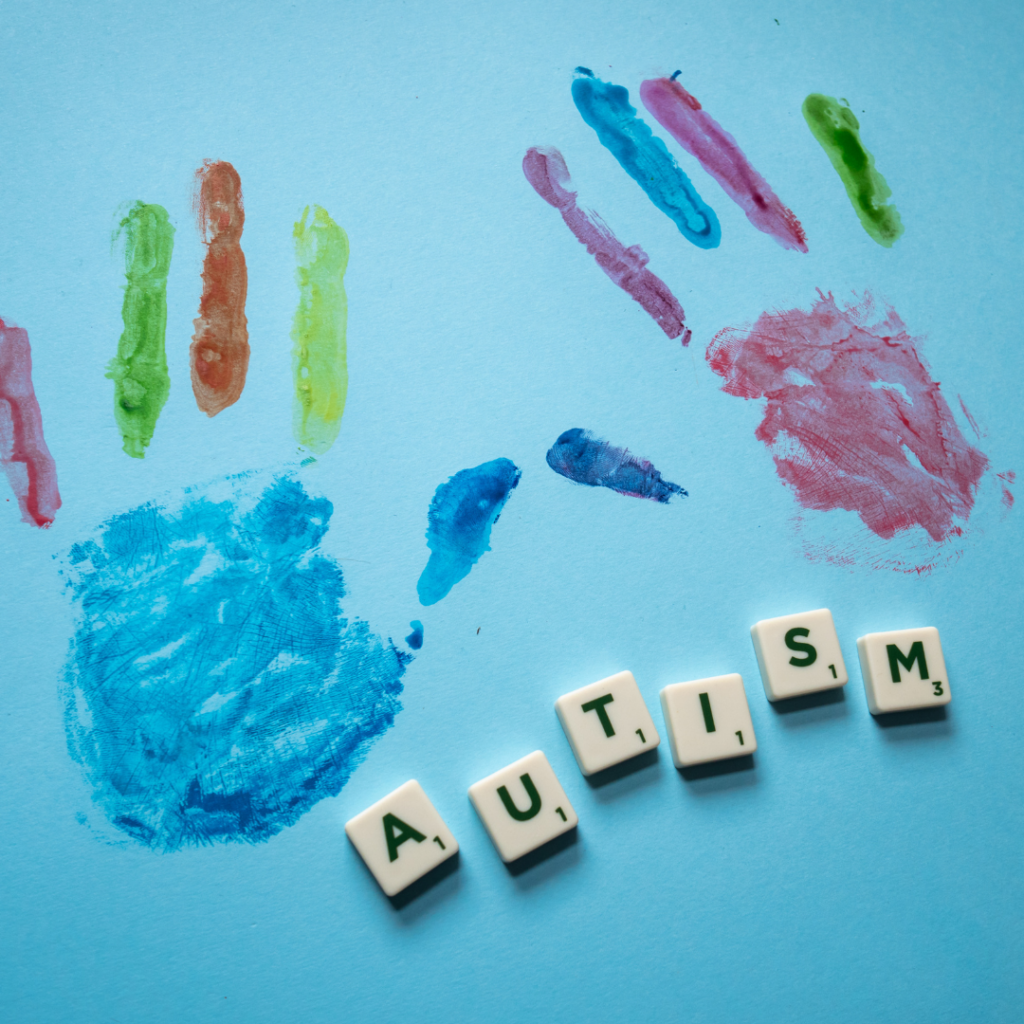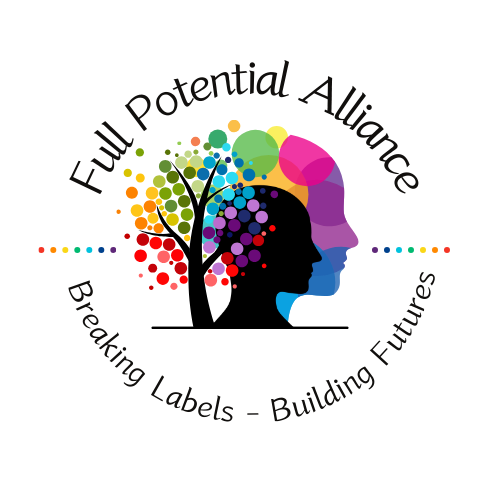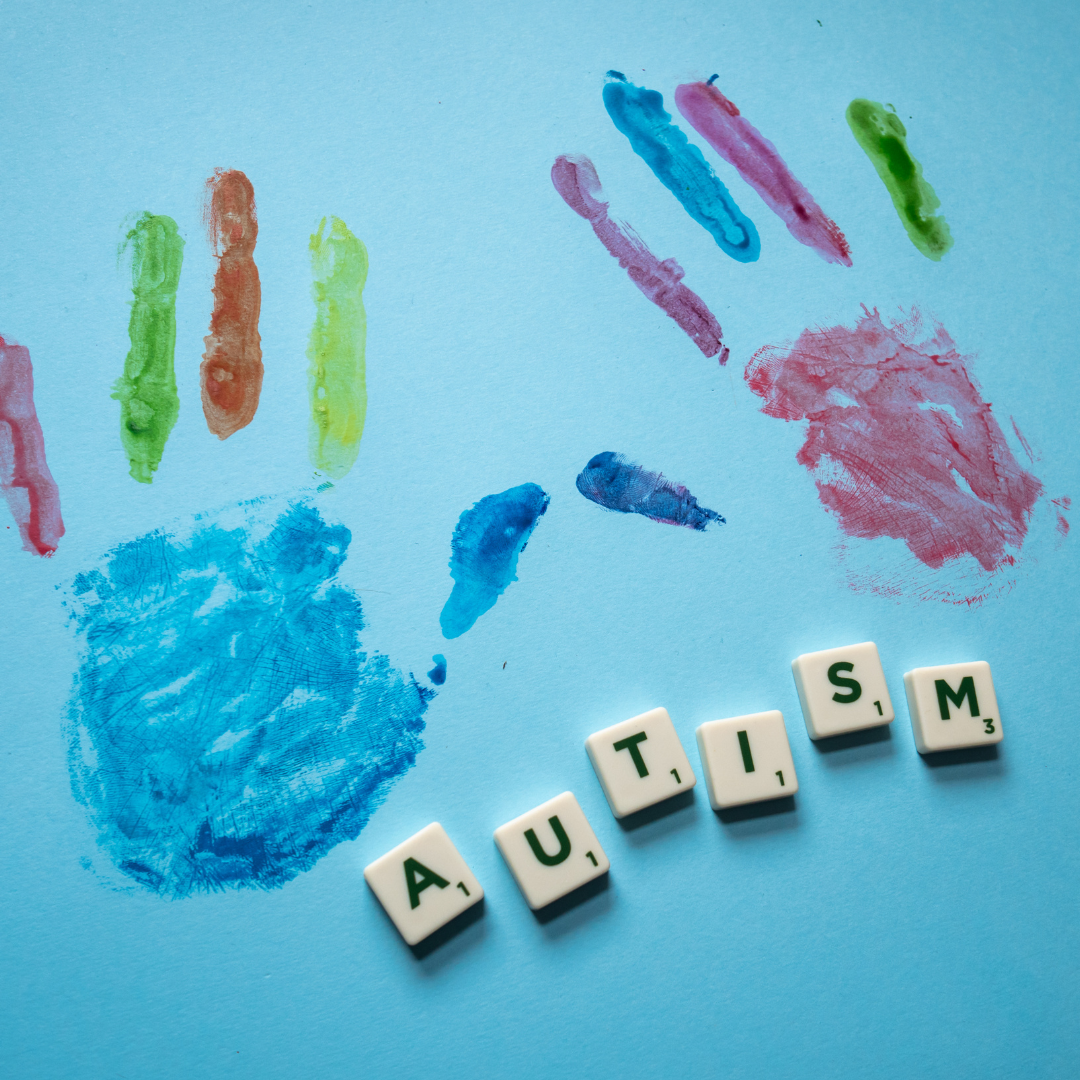
At Full Potential Alliance, we are dedicated to breaking down the labels and myths that surround developmental disabilities and mental health challenges. Autism spectrum disorder (ASD) is one of the most misunderstood conditions, often clouded by misinformation that adds to the struggles families face. Let’s take a moment to explore what we know about autism—and what we don’t—so we can build a foundation of understanding, inclusion, and support.
What Causes Autism?
The exact causes of autism are not fully understood, but research reveals that it develops from a combination of genetic, environmental, and neurological factors. Here’s what the science tells us:
1. Genetics Play a Role
Certain genes are strongly associated with ASD. Autism can run in families, with inherited genetic traits increasing the likelihood of a diagnosis. In some cases, specific gene mutations can alter brain development and contribute to ASD. However, genetics alone do not fully explain autism—there are many factors at play.
2. Environmental Influences
Environmental factors during pregnancy and birth can also increase the chances of developing autism. These include:
• Advanced parental age (maternal or paternal).
• Complications during pregnancy or birth, such as prematurity or low birth weight.
• Maternal exposure to certain medications or environmental toxins during pregnancy.
3. Neurological Differences
Autism is closely linked to differences in brain structure, growth, and connectivity. Studies show that areas of the brain responsible for social interaction, communication, and repetitive behaviors develop differently in individuals with ASD.
4. Epigenetic Factors
Beyond DNA, environmental influences can interact with our genes to affect their expression—this field of study is known as epigenetics. It highlights the complex interaction between nature and nurture.
What Does NOT Cause Autism?
Let’s clear up one of the most persistent and harmful myths- vaccines do NOT cause autism.
Scientific studies spanning decades have consistently shown no link between vaccines, like the MMR vaccine, and autism. Vaccines save lives by protecting against serious diseases, and avoiding them can put vulnerable populations at risk.
This misinformation not only endangers public health but also takes the focus away from real solutions—like advocacy, early intervention, and building inclusive communities.
Supporting Families, Changing Futures
At Full Potential Alliance, we know that the stigma and misunderstandings surrounding autism often leave families feeling isolated. That’s why we’re here: to provide resources, support, and a sense of belonging. Whether it’s through inclusive programs like PeerLink, compassionate support groups, or advocacy campaigns, we are committed to creating a world where every individual is valued and empowered to thrive.
You can help us break the myths and build futures:
• Share this information to raise awareness.
• Volunteer with us to support our programs.
• Donate to ensure no family is left behind.
Together, we can create a community where families affected by autism find hope, support, and understanding.
📩 Learn more about our work or get involved today: www.fullpotentialalliance.org
At Full Potential Alliance, we believe that knowledge leads to compassion, and compassion drives change. Let’s move forward together.
#BreakingLabelsBuildingFutures #AutismAwareness #InclusionMatters #VaccinesSaveLives

